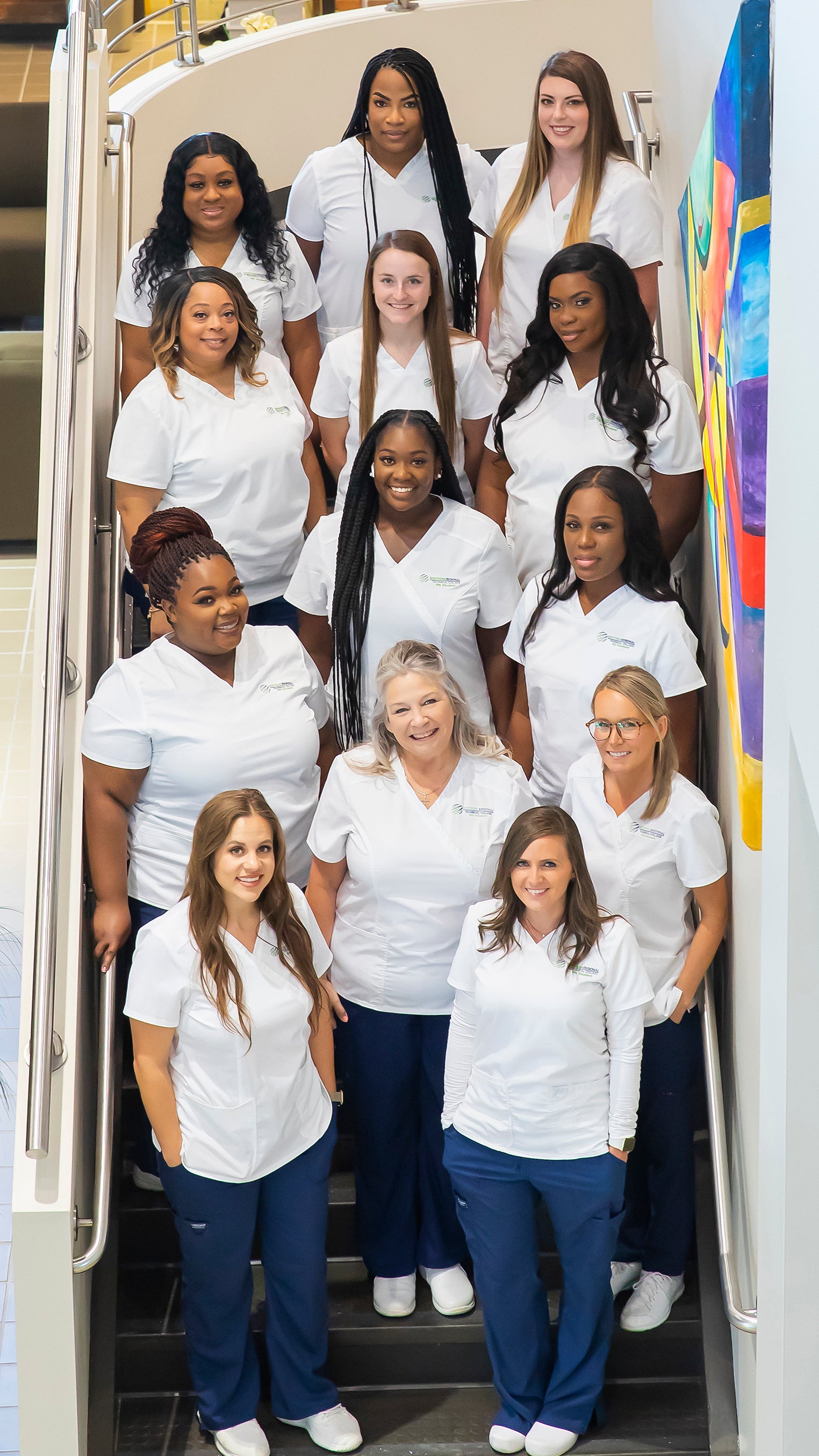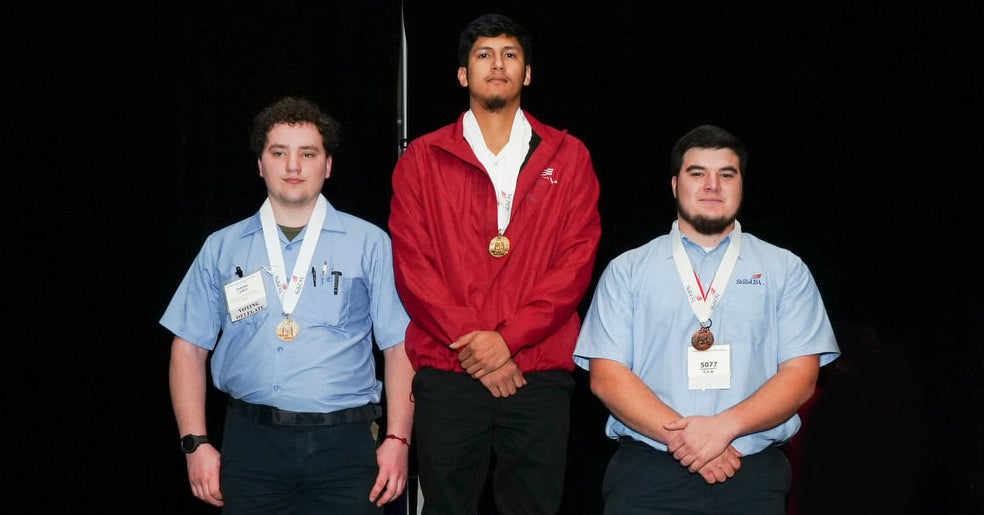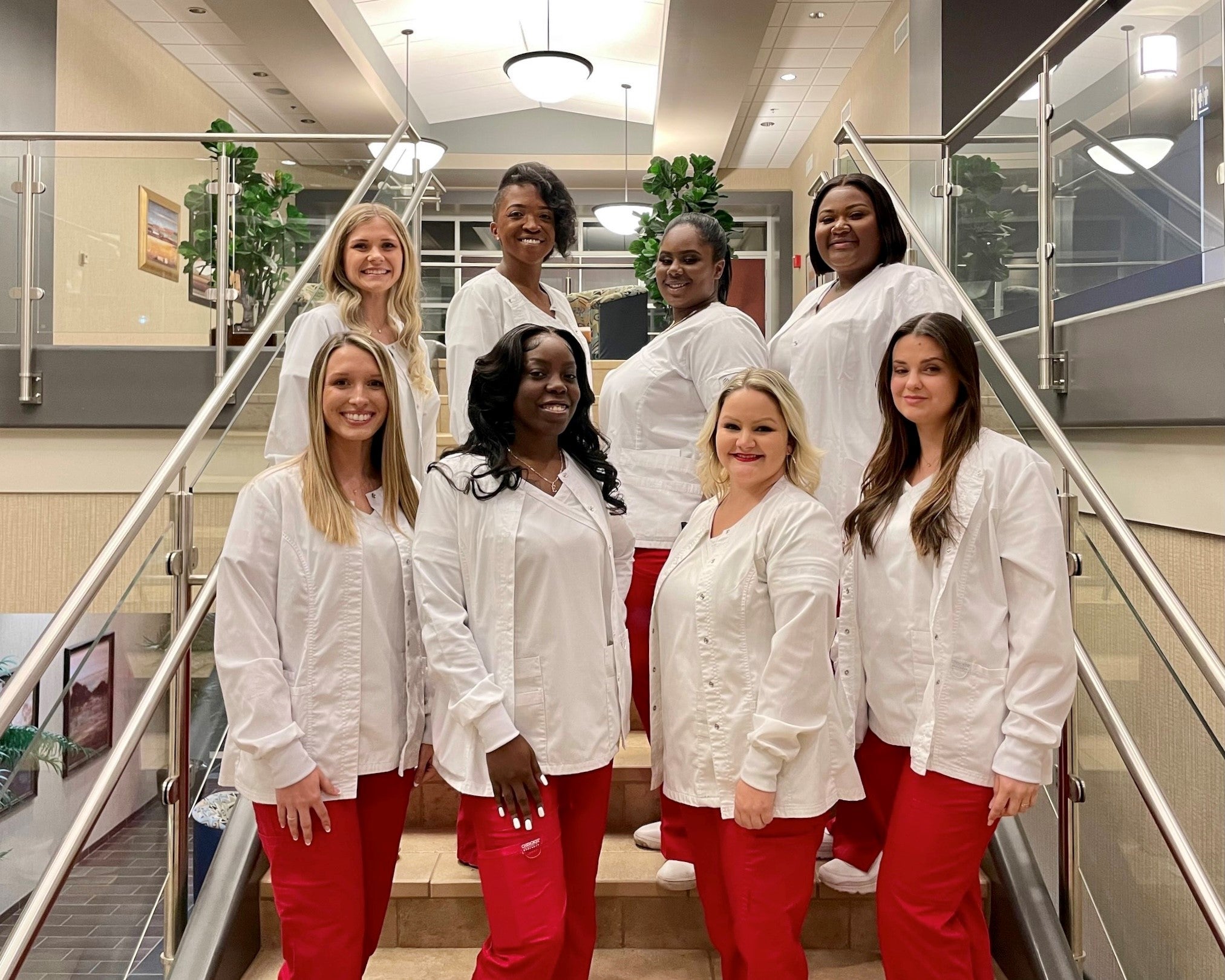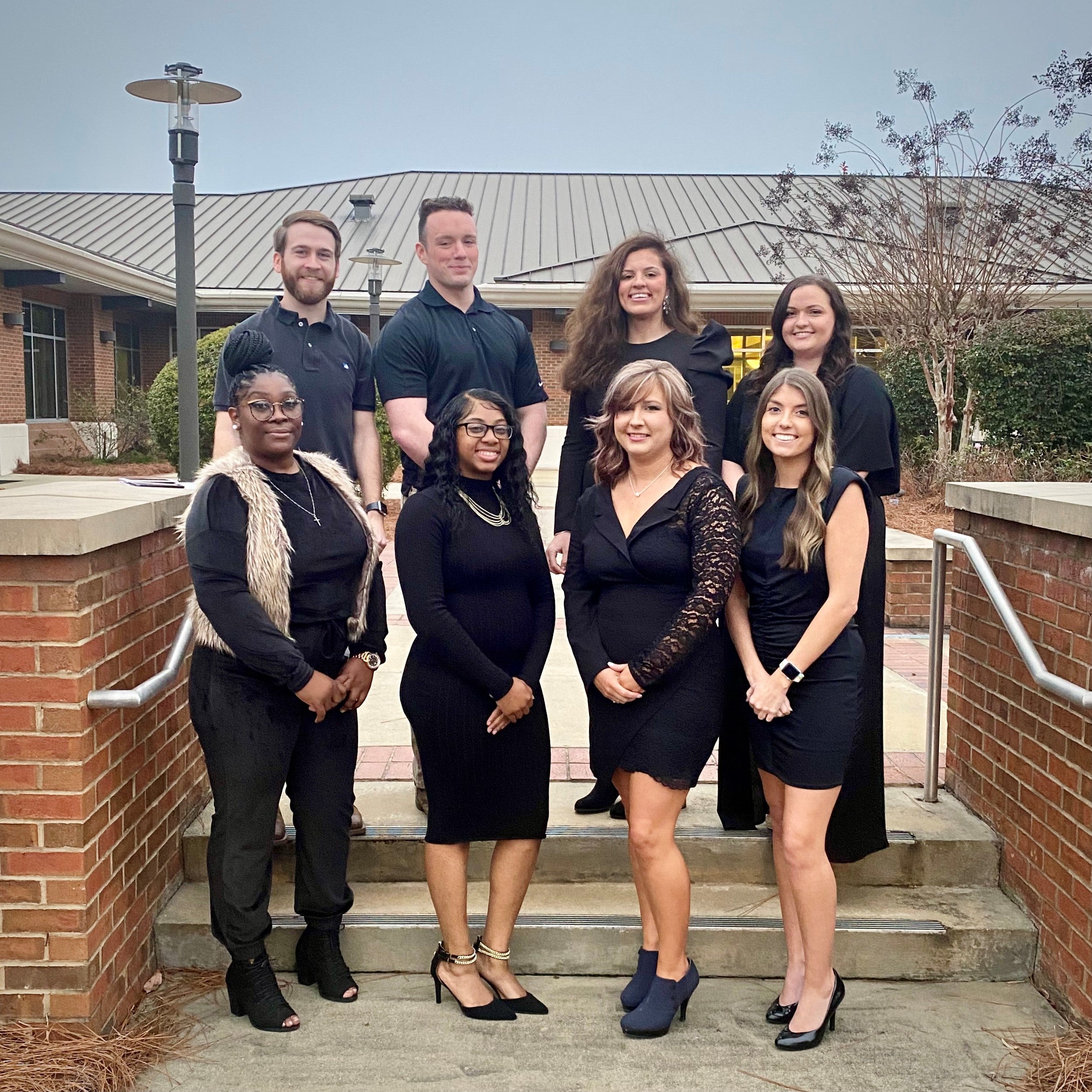Bainbridge State College Model UN wins coveted award
Published 3:11 am Saturday, April 12, 2014
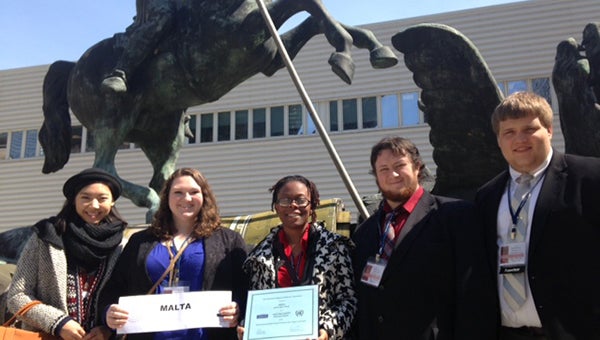
: Holding their Distinguished Delegation Award are, from the left, Bainbridge State College Model United Nations club members Emma Sainbayar of Bainbridge, Alea Simmons of Cairo, Cassandra Williams of Attapulgus, Alan Kimbrel of Colquitt and Jonathan North of Donalsonville.
By Carol Heard
Special to the Post-Searchlight
Bainbridge State College’s five-student delegation brought home a coveted award, proving they are leaders among hundreds of other college and university students from across the world during their recent participation in the National Model United Nations.
The Bainbridge State students received the Distinguished Delegation Award at the Model United Nations conference held in New York City from March 30 to April 2. This Model UN conference is the premier Model UN conference and is an annual international conference, said Dr. David Nelson, the faculty adviser of the Model UN and associate professor of history at the College.
This is the third year Bainbridge State College sent a delegation to the conference, which, in addition to attracting students from across the United States, brings in college students from all over the world for networking and discussions of real world issues. The conference had more than 5,000 delegates, representing six continents, more than 30 countries and approximately 170 colleges and universities with about half the schools having at least two, it not four or five delegations each, Dr. Nelson said.
“While we were not the only school to get the award, it was quite a feat for such a small school with only a five-student delegation,” Dr. Nelson said. “Most delegations run from 10 to 40 students. The only thing higher would be the Outstanding Delegation Award.”
Jonathan North of Donalsonville was chosen as a rapporteur for one committee, which he eventually chaired. This was North’s second year at a Model UN program in New York City.
Cassandra Williams of Attapulgus was a page for her committee.
The other delegates, Emma Sainbayar of Bainbridge, Alea Simmons of Cairo and Alan Kimbrel of Colquitt, all had language incorporated into resolutions passed at the conference. Except for Kimbrel, this was the students’ first New York City conference but they had participated in the Southeast Regional Model UN program in Atlanta last fall. This was Kimbrel’s first experience at a Model UN program.
North said Model United Nations “is probably the best activity for academic enrichment.”
“The experience of being able to chair a United Nations committee is priceless and irreplaceable. It allowed me to see how worldwide politics work from a leadership perspective,” North said. “Keeping the sessions running smoothly is always a big challenge with so many countries that have different values and beliefs. The job of the delegates is to capture the ideals and values of the country they are representing. My job was to ensure that everyone can voice those values equally – no matter the size or power of the country.”
He said the skills he learned from his first-year experience – such as working with other people, being concise with ideas and opinions, and learning parliamentary procedure – will be invaluable to him as he continues his education and pursues a career in business.
“You learn a lot at these conferences. You have to get along with others, and you have to display your ideas and put them out for other people, and then have them work with you so you can have common ground,” North said. “That’s the democratic process and that’s relationships in general.”
Other participants who worked on the Model UN but could not attend were Michael Evans and Judson Robert Mock, both of Cairo.
“These students are some of the hardest working students at the College,” Dr. Nelson said. “They met every week to discuss their assigned countries and practiced for parliamentary procedure.”
But learning how to caucus and make resolutions was not the main reason for the club, Nelson said.
Malta, a European republic located south of Sicily in the Mediterranean Sea, is the country Bainbridge State students were assigned to represent during the mock sessions. Each of the students spent hours and hours of time researching and formulating position papers on such subjects as the prohibition of chemical weapons, environmental protection and human rights. Each student researched and wrote at least one position paper that was from the perspective of their assigned country, not from their personal viewpoint.
As North explained, the position papers defined how students carried themselves at the conference and committee sessions.
“It is just the country’s stance on issues. We’ll use our position to negotiate with other countries, so your research all ties in with how you will act at the committee sessions and meetings. That’s the importance of the position papers,” North said. “If you don’t do your research properly, than people will realize you didn’t research thoroughly and you don’t necessarily know what you are talking about. You are acting out of character and out of your country’s character. They will call you out on it.”
Sainbayar said she joined because she thought it would be interesting to learn about how other countries interact.
“I didn’t really expect a lot, but by doing all the research and participating, I learned a lot – how to speak, how to represent, how to get ideas out,” said Sainbayar, who is pursuing an associate degree with the eventual goal of becoming a physician. She also has an interest in Model United Nations because her mother worked for the United Nations as a pediatric urologist.
Late last year, several of the club members traveled to Atlanta for the Southern Regional Model UN where the group represented the European country of Portugal and the island group nation of Tuvalu.
Simmons said the Atlanta trip was a nice stepping stone to New York City.
“I did (Model UN) in high school and was expecting the same set up. But when we got to Atlanta, as soon as the very first session started, everybody went into this crazy mode where they were so serious. They were so passionate and so self-driven to get their country’s point of view across,” Simmons said, who plans to major in biology. “If we had gone straight to New York, I think I would have been completely lost.”
Mock, who plans to pursue a bachelor’s in history and political science, wanted to participate for the experience. However, what he learned about himself was very valuable.
“I didn’t speak well in front of other people. I was preparing for it, and I thought I was going to be doing a lot of great stuff. … I had a lot of good arguments formulated in my head,” Mock said. “Then I got there and it was just, ‘wow,’ there are a lot of people talking everywhere. I realized I wasn’t as good as I thought.”


